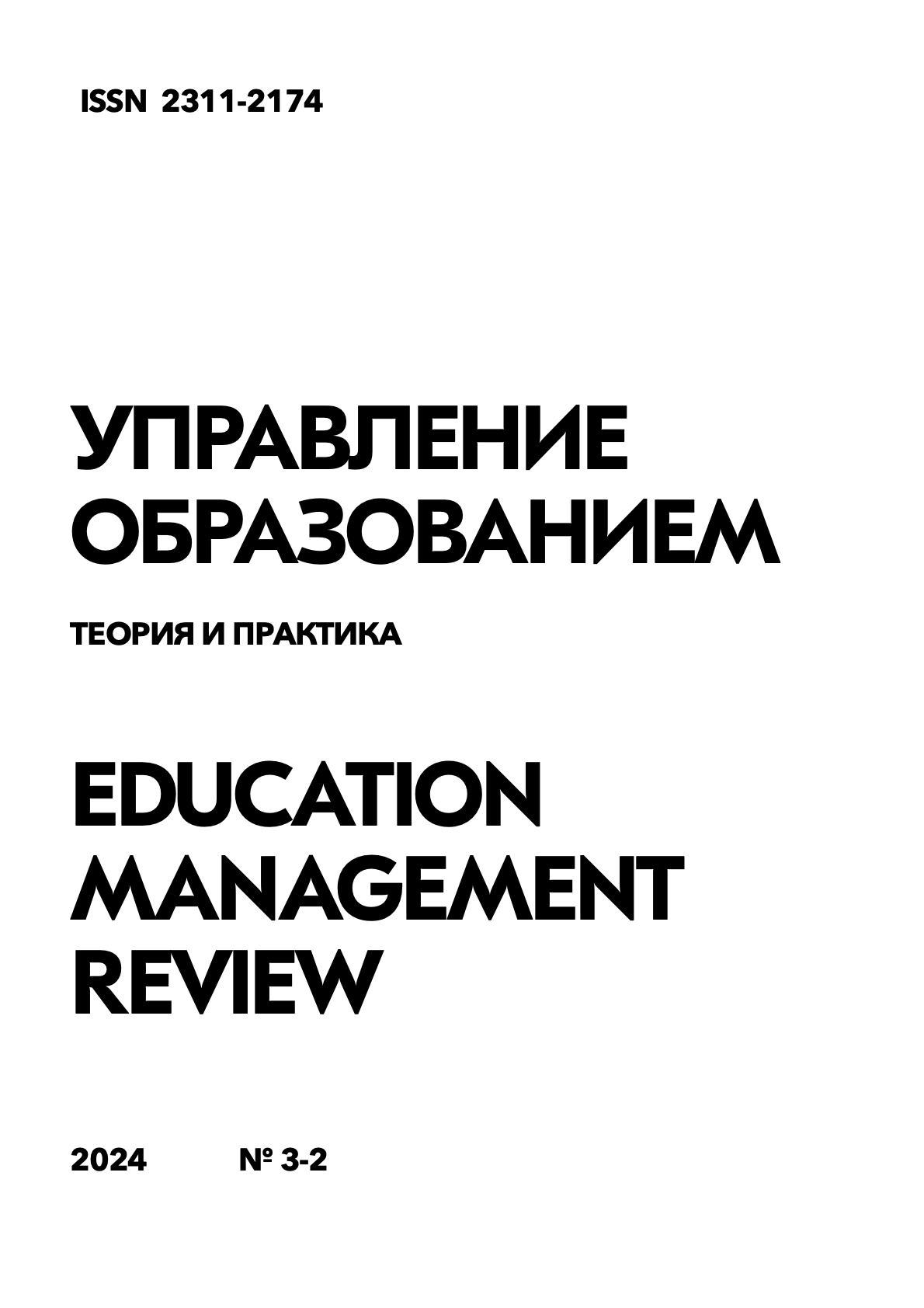The narrative approach in the training of film and television professionals: application and prospects
DOI:
https://doi.org/10.25726/a1436-9420-4643-rKeywords:
narrative, narrator, narrative approach in teaching, teaching in higher education, storytellingAbstract
The article conducts a thorough analysis of the prospects of using the narrative approach in the education of cinema and television specialists. The main focus is on the role of narrative in processes of reflection and socialization, as well as on the potential for transforming personal experience into media products. The research aims to evaluate the practical experience of applying narrative approach techniques in teaching activities and identify their perspectives. The study employs a combination of theoretical analysis and analysis of practical experience. The article includes a synthesis of contemporary concepts and theories, structuring and categorizing data, as well as using formal logic to systematize information. The research is presented through pedagogical experiments, expertise and testing of methods, diagnostic research using various methods such as expert evaluation method, testing, control sessions, modeling professional situations, self-assessment and reflection, observation, and generalization of pedagogical characteristics. The research findings emphasize the importance of the narrative approach for the professional development of future cinema and television specialists, as well as identify trends in its development in education. The novelty of this work lies in the in-depth examination of the influence of the narrative approach on the professional future of specialists, making it relevant and significant for contemporary educational practice. The obtained results can be useful for the development and improvement of educational programs in this field.
References
Брокмейер Й., Харре Р. Нарратив: проблемы и обещания одной альтернативной парадигмы. // Вопросы философии. 2000. № 3. С. 29-42.
Бухаров А.О. Нарративные методы обучения в современной школе // Современная наука: Актуальные проблемы теории и практики. Серия: Гуманитарные науки. 2011. № 2. C. 45-46.
Демиденко Т.Г., Чистякова Н.А. Реализация интерактивного компонента в процессе практикоориентированного преподавания гуманитарных дисциплин // Управление образованием: теория и практика. 2023. № 7(65). С. 32-38. DOI 10.25726/z2237-5269-6534-k. EDN MCHYVV.
Знаков В.В. Теория психического процесса и процессуальная логико-смысловая картина мира // Психологический журнал. 2018. № 2. С. 37-47.
Иванова М.В. Публицистика в цифровую эпоху // Язык и речь в Интернете: личность, общество, коммуникация, культура: Сборник статей II Международной научно-практической конференции. В 2-х томах, Москва, 29–30 марта 2018 года / Под общей редакцией А.В. Должиковой, В.В. Барабаша. Том 1. Москва: Российский университет дружбы народов (РУДН), 2018. С. 347-353.
Качанов Д.Г. Нарративный анализ как метод исследования традиционных и мультимедийных журналистских произведений // Медиаскоп. 2020. Вып. 2.
Купчинская М.А., Юдалевич Н.В. Клиповое мышление как феномен современного общества // Бизнес-образование в экономике знаний. 2019. № 3(14). С. 66-71.
Утюганов А.А., Яницкий М.С., Серый А.В. Нарративные технологии формирования ценностно-смысловых ориентаций личности: психологическое содержание и применение в образовательной практике // Science for education today. 2019. № 1. С. 76-92.
Челнокова Е.А., Житникова Н.Е., Челноков А.С. Использование нарратива в обучении // Проблемы современного педагогического образования. 2019. № 65-3. С. 279-282.




